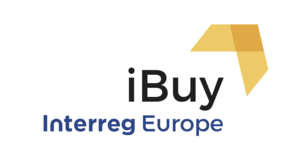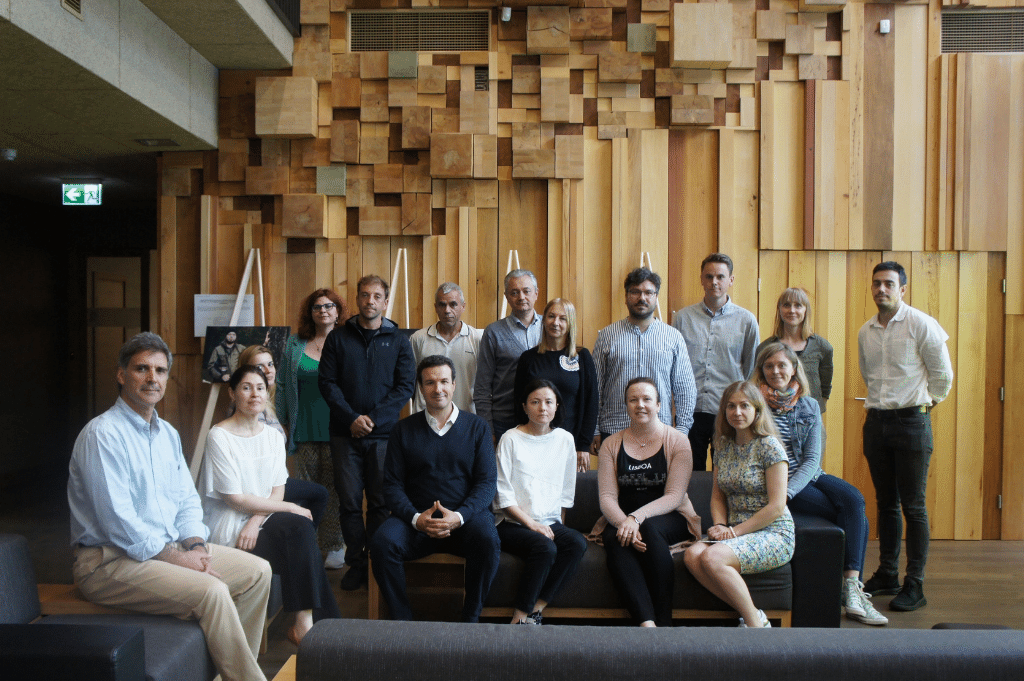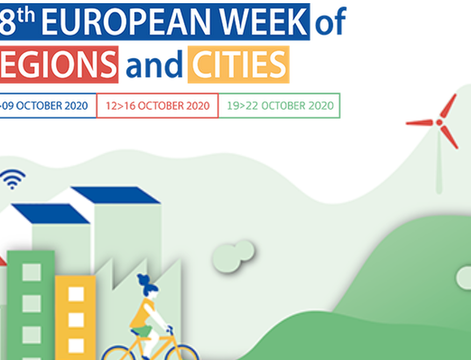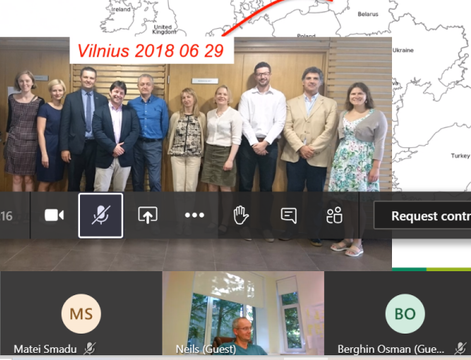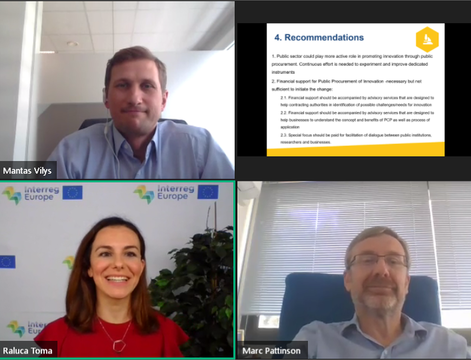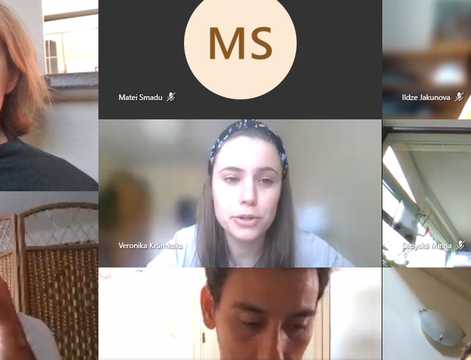Success of the implementation of PPI/PCP in public sector primarily depends on the attitude not regulation – study visits in Lithuania showed.
Lithuania has rather strict regulations regarding PPI/PCP implementation in public sector, however, even with all the restrictions, some public sector institutions succeed in acquiring innovations. How? According to Arune Matelyte from GovTech Lab Lithuania, it’s all about the attitude. Institutions that are prone to business-thinking, are open to new ideas and have a proactive management look for opportunities within the legal framework rather than restrictions and this allows them to succeed in bringing innovation to the sector.
This has been confirmed by Indrė Kunigėlytė from Lithuanian Airports who has stressed out the importance of business mind-set while seeking innovation in the field during her presentation for the iBuy consortium members at Vilnius International Airport. While talking about procurement strategy and culture that has been established within the Lithuanian Airports, she has demonstrated how proactive approach allows institution to turn its weaknesses into strengths and compete with other airports in the region.
Lithuanian Railways is another great example of innovative attitude taking over decision making even after experiencing the procedural failures. According to the company’s representative Vilius Kuzminskas, Lithuanian Railways had to cancel one precommercial procurement simply because it took ages to go through all the procedures while the technology the company was seeking became outdated during this process. Despite the upsetting experience, the company is still eager to go with the innovation flow and implement more PPIs or PCPs. It has also joined Mobility Innovation Center – a platform that aims at identifying Lithuania’s transport and communications sector challenges and seeks innovative solutions for them – thus pushing for more innovation in public sector.
Consortium members have also learned from Lithuanian Energy Distribution Operator’s (ESO) case. The company that serves gas and electricity to 1.6 million customers throughout Lithuania has launched 2 PCPs: one for the development of automated technologies for power line diagnostics and fault detection and another one for the development of a methodology for determining the cause of breakdown of electricity meters and provision of a service for reporting. Moreover, ESO has established its own Innovation centre, known as sandbox, to attract ideas for innovation and implement them through various procurement mechanisms. According to Mindaugas Pranaitis, a representative from ESO, the company is seeking ideas based on open innovation approach in four different categories: open infrastructure, open funding, open partnership and open culture.
All study visits and case examples regarding PPI/PCP implementation in Lithuania have been organised by Lithuanian Innovation Centre as part of PPI policy learning meeting in Vilnius, attended by iBuy consortium members. During the meeting partners have shared their best practices regarding the topic as they play a fundamental role in the development of the action plans and the expected project outputs.












